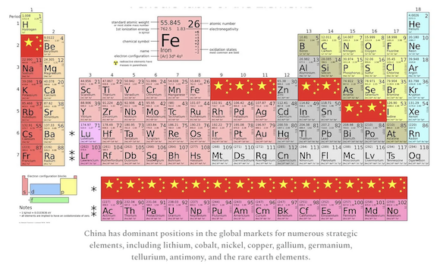We support our Publishers and Content Creators. You can view this story on their website by CLICKING HERE.
With colleges and universities continuing to turn a blind eye toward the sources of anti-Semitism on campus (hint: it’s your faculty and radical curriculum, both of which need to be dismissed), it may be a sign of encouragement that students who put up “Wanted” posters of University of Rochester faculty who support Israel are being hit with criminal charges:
U of Rochester Students Arraigned on Charges Related to ‘Wanted’ Posters
Four University of Rochester students have been arraigned in connection to an incident in which they allegedly hung “Wanted” posters on campus that depicted faculty members who they said support Israel’s war in Gaza, The Democrat and Chronicle reported. The charge, if it results in a conviction for the students, could mean up to seven years in state prison, plus a fine of up to $5,000.
Good! Long overdue!.
But wait. Keep going:
The charges—second-degree criminal mischief, which is a felony—are related to damage to the institution’s walls as a result of the adhesive used to attach the posters, rather than the content of the posters themselves.
So hold the cheers. It appears yet another university is too timid to call out anti-Semitism directly. It’s easy to guess that these charges will be soon pled down to a minor misdemeanor with some “community service” attached as punishment. So much for real consequences.
Chaser—The University of Rochester is having a bad week:
Author of Retracted Superconductor Articles Leaves U of Rochester
A researcher who claimed a blockbuster discovery of a superconductor that worked at room temperature but then saw the article retracted is no longer employed by the University of Rochester, The Wall Street Journal reported Tuesday. Superconductors conduct electricity without losing energy, making them a valuable research focus. . .
The Wall Street Journal reported that a university investigation found Dias manipulated data in four studies—including the now-retracted Nature study claiming discovery of the room-temperature semiconductor—plus plagiarized in a National Science Foundation grant proposal.

 Conservative
Conservative  Search
Search Trending
Trending Current News
Current News 




